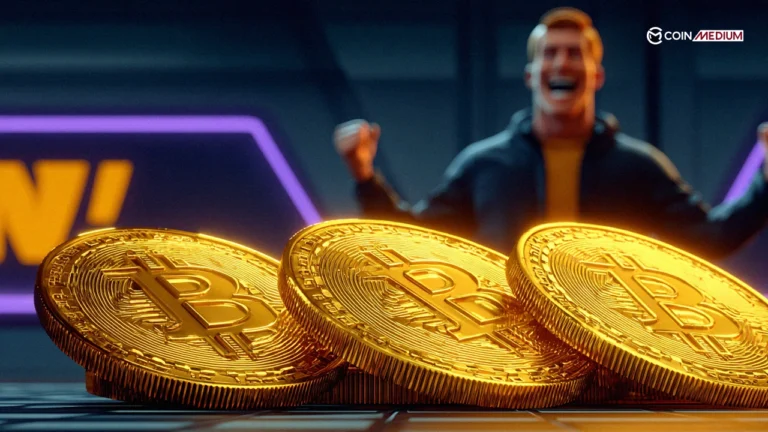- More and more publicly traded companies are adding cryptocurrencies beyond just Bitcoin to their treasuries.
- Analyst Greg Cipolaro warns that holding “consumptive commodities” like Ethereum or Solana in treasuries is riskier than Bitcoin.
- “Consumptive cryptocurrencies” are tokens used for transactions and smart contracts, which can be permanently removed from circulation.
As cryptocurrency adoption grows, publicly traded companies are moving beyond just Bitcoin. Increasingly, firms are expanding their treasuries to include Ethereum, XRP, Solana, Tron, and even lesser known tokens like TAO, FET or Hype.
While this diversification could be viewed as a shift in corporate finance, it’s also sparking concern among analysts who warn that venturing beyond Bitcoin could introduce dangerous volatility.
Crypto Analyst Greg Cipolaro in a recent note emphasized Bitcoin’s unique role as a reliable store of value, likening it to digital gold.
“Unlike Bitcoin, many of these alternative treasury cryptocurrencies function as consumptive commodities. These protocols may or may not achieve meaningful adoption, leaving open questions about their long-term value and utility.”
Bitcoin’s Gold Standard Status
Bitcoin has earned its place as the benchmark crypto asset in treasury strategies due to its fixed supply, robust network security, and increasing institutional adoption.
Companies like MicroStrategy have set the standard, adding over $1 billion worth of Bitcoin to their balance sheet just last week, bringing their total to a staggering 592,000 BTC, valued at approximately $64 billion.
Tokyo-listed Metaplanet has also announced the purchase of 1,088 more Bitcoin (BTC), increasing its total holdings to 8,888 BTC.
But as other firms move toward altcoins, the picture becomes murkier.
The Rise of Altcoin Treasuries
Despite warnings, a growing number of companies are adding altcoins to their treasuries. For instance, SharpLink Gaming is backing Ethereum.
Trident Digital is accumulating XRP while DeFi Ripple Ripple is building reserves in Solana.
SRM Entertainment is investing in Tron while Synaptogenix is acquiring TAO, from the utility token of the AI-focused Bittensor network.
These decisions often align with their industry verticals. AI and Web3 companies, for example, are drawn to tokens native to their platforms.
Still, Cipolaro warns that many smaller or microcap firms might be using token announcements to boost visibility or attract short-term investor attention.
“Some of these disclosures lack sufficient detail,” he noted, suggesting a lack of transparency in how these assets are acquired or managed.
What Makes Altcoins Riskier?
The key distinction, Cipolaro explains, lies in how these assets function. Bitcoin is simply held and traded, retaining its form in the process.
Altcoins like Ethereum or Solana, however, are “consumptive” and used to pay network fees, power dApps, or fuel smart contracts, sometimes burning tokens in the process. This means that a portion of these tokens may be burned, or permanently removed from circulation every time they’re used.
This introduces an additional layer of uncertainty in Altcoins. If the underlying networks fail to achieve long-term adoption, the value of the associated tokens could plummet.
Balancing Vision with Caution
The move toward crypto diversification signals a transformation in treasury management, especially among futuristic and tech savvy firms.
But experts warn that Bitcoin’s success as a treasury asset doesn’t automatically extend to other tokens.
As Cipolaro puts it, “Straying too far from Bitcoin’s proven role as a store of value could be a disaster waiting to happen.”








